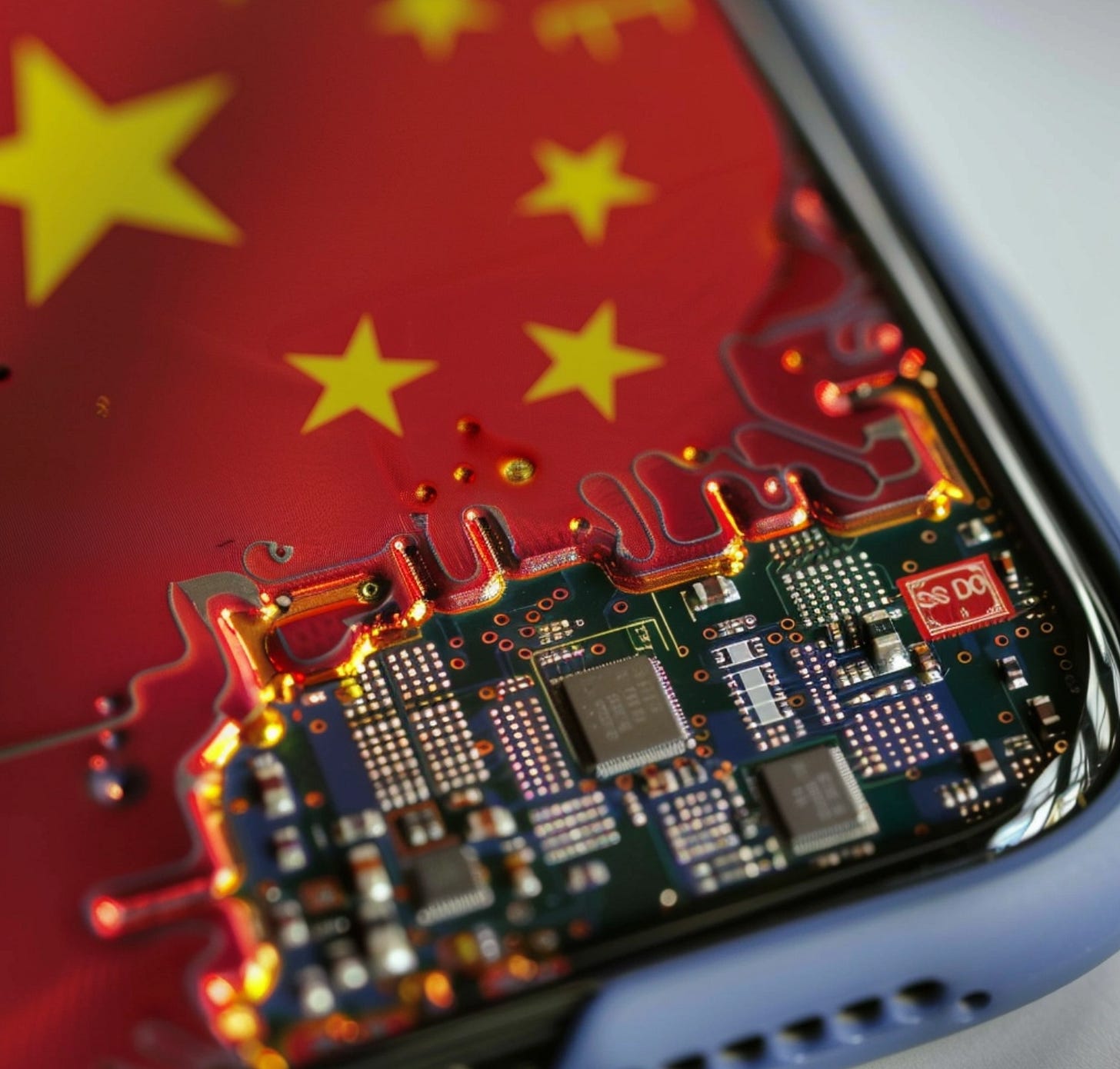1. Hong Kong's Central Bank Embraces Innovation with New Wholesale CBDC to Boost Tokenization Market
What happened:
Hong Kong's central bank announced the development of a new wholesale central bank digital currency (CBDC) to support the tokenization market. This move aims to enhance the efficiency and security of tokenized assets.
How it happened:
The new wholesale CBDC will be developed in collaboration with the Hong Kong Monetary Authority's (HKMA) Fintech Facilitation Office (FFO) and the Hong Kong Interbank Clearing Limited (HKICL). The project is part of Hong Kong's efforts to promote financial innovation and strengthen its position as a global financial hub.
Why is it important:
This announcement is significant because it demonstrates Hong Kong's commitment to embracing digital currencies and blockchain technology. By supporting the tokenization market, the new CBDC could streamline the issuance and trading of tokenized assets, making the market more accessible and efficient.
Likely consequences:
Economically, the new CBDC could enhance liquidity in the tokenization market, potentially attracting more investors and boosting economic activity. From a policy perspective, the move could lead to increased regulatory scrutiny of tokenized assets to ensure compliance with existing laws and regulations. Technologically, the development of a wholesale CBDC could spur further innovation in the digital currency space, leading to the creation of new financial products and services.
2. Federal Reserve Stays on Sidelines, In Terms of Issuing CBDC for U.S.
What happened:
The Federal Reserve stated that it has no plans to create a central bank digital currency (CBDC) for the United States.
How it happened:
The decision was made after a review of the potential benefits and risks of issuing a CBDC. The Federal Reserve cited concerns over financial stability, privacy, and the potential impact on the banking system as reasons for its decision.
Why is it important:
This announcement is significant because it clarifies the Federal Reserve's stance on CBDCs, providing clarity to the market and stakeholders. It also highlights the cautious approach taken by central banks towards the issuance of CBDCs, despite growing interest in digital currencies.
Likely consequences:
Economically, the decision could maintain the status quo in the U.S. financial system, as it avoids potential disruptions that could arise from the introduction of a CBDC. From a policy perspective, it could lead to continued debate and discussion on the merits of CBDCs, with the Federal Reserve likely to monitor developments in the digital currency space. Technologically, the decision could slow down innovation in the CBDC space in the U.S., as other countries move forward with their own digital currency projects.
3. AI Workplace Surveillance Surges Ahead in Canada, Igniting Privacy Concerns
What happened:
The use of artificial intelligence (AI) for workplace surveillance has increased significantly, outpacing Canadian laws' ability to regulate it effectively.
How it happened:
Employers are increasingly using AI-powered tools to monitor employees' activities, such as tracking work hours, analyzing productivity, and even monitoring emotions through facial recognition technology. However, Canadian laws have not kept pace with these technological advancements, leading to concerns about privacy and workers' rights.
Why is it important:
This trend raises important ethical and legal questions about the use of AI in the workplace. It highlights the need for updated regulations to protect employees' privacy and ensure that AI is used responsibly and ethically.
Likely consequences:
Economically, the use of AI for workplace surveillance could lead to increased efficiency and productivity for employers. However, it could also lead to a loss of trust and morale among employees if they feel their privacy is being violated. From a policy perspective, there may be calls for new regulations to address these concerns and ensure that AI is used in a way that respects workers' rights. Technologically, there could be a push for more transparent and accountable AI systems that are designed with privacy and ethics in mind.
4. Huawei and SMIC Allegedly Used U.S. Tech for Advanced Chips, Raising Export Control Concerns
What happened:
Huawei and SMIC, two Chinese technology companies, reportedly used American technology to produce advanced chips, potentially violating U.S. export controls.
How it happened:
According to the report, Huawei and SMIC used equipment and software from U.S. companies to manufacture chips with advanced capabilities, including those used in Huawei's smartphones and other devices.
Why is it important:
This development is significant as it raises concerns about compliance with U.S. export controls and the potential for these chips to be used in ways that could be detrimental to U.S. national security interests.
Likely consequences:
Economically, this could lead to further restrictions on U.S. technology exports to China, potentially impacting the operations of Huawei, SMIC, and other Chinese tech companies. From a policy perspective, it could lead to increased scrutiny of technology transfers and export controls to prevent similar violations in the future. Technologically, it could impact the development and availability of advanced chips in the global market, affecting various industries that rely on these components.
5. House Committee Backs Bill Requiring TikTok Divestiture Amid Data Security Concerns
What happened:
The House committee unanimously supported a bill that would force TikTok's parent company, ByteDance, to divest its U.S. operations.
How it happened:
The committee's decision comes amid concerns about TikTok's data security practices and its ties to the Chinese government. The bill would require ByteDance to sell its U.S. operations within 90 days of the legislation's enactment.
Why is it important:
This development is important as it reflects ongoing concerns about Chinese-owned companies' control over U.S. user data and the potential for foreign influence. It also highlights the growing scrutiny of technology companies' data practices and their impact on national security.
Likely consequences:
Economically, this could impact ByteDance's business operations in the U.S., potentially leading to changes in how TikTok operates in the country. From a policy perspective, it could lead to increased regulation of foreign-owned technology companies operating in the U.S. Technologically, it could impact the availability and use of TikTok in the U.S., affecting its millions of users and the broader social media landscape.









